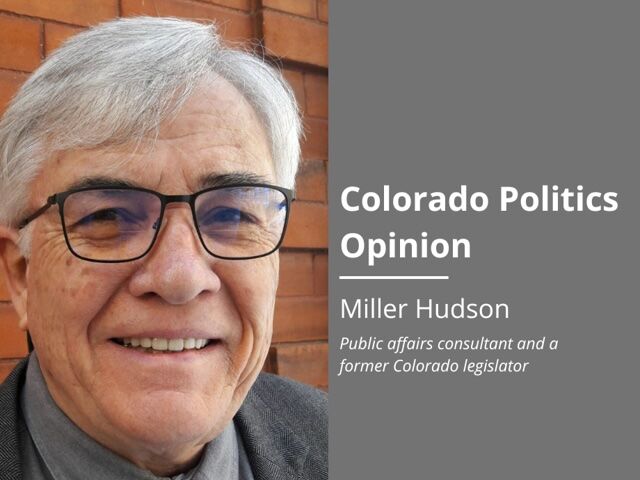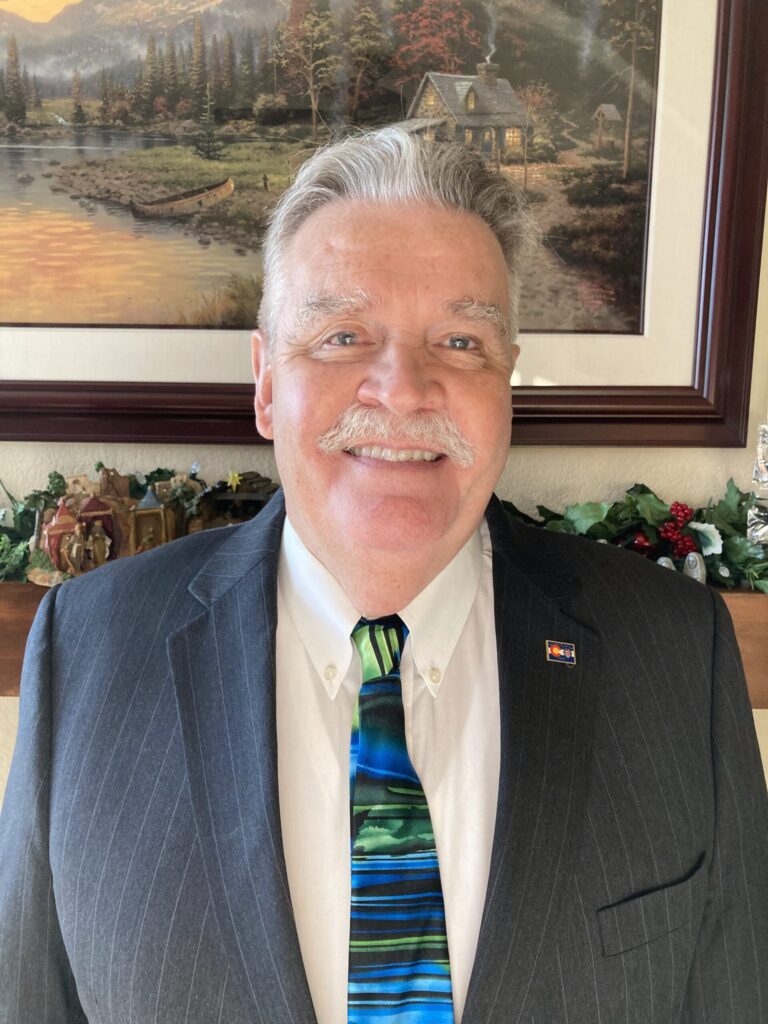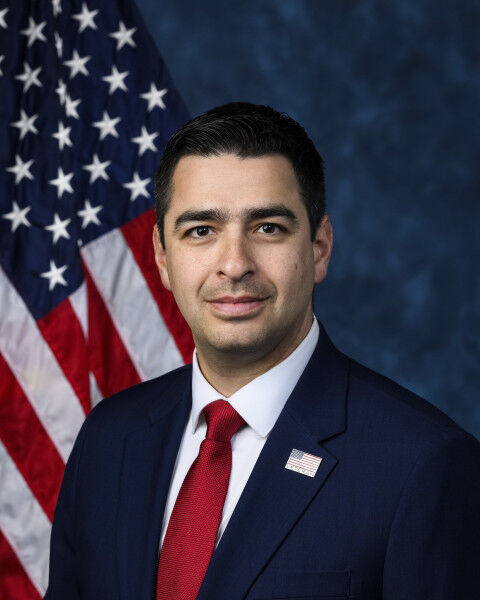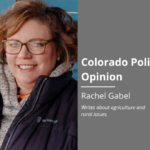Peeking in at our ‘let’s pretend’ government at Colorado’s Capitol | HUDSON


For the first time in several years, I’ve found myself frequently attending legislative committee hearings at Colorado’s Capitol. Much has changed recently – as you might suspect some for the better, much not so much. Minority legislators, currently Republicans, reportedly grumble about how Democratic committee chairs manage testimony. Historically, chairs would ask bill sponsors whether there were particular witnesses they wished to have testify first. Yes, this provides an advantage to proponents but, let’s face it, legislators themselves often have just the slipperiest grip on the bills they are carrying. An expert witness can clarify the who, what and why questions prompting the proposed legislation.
It is left to committee members to elicit these issues during a question period following the sponsor’s presentation of a particular bill. Sponsors usually bring several key supporters with them to the hearing who provide detailed responses. In the interest of equal treatment, public witnesses are usually limited to only two or three minutes, harshly enforced. Proponents and opponents no longer arrange travel for expert testimony under these restrictions. Something has been lost both for the public and legislators in their absence. There is no one to walk you through a 50- or 100-page bill, linking disparate provisions in an intelligible way. You can identify the experienced or professional witnesses, usually lobbyists, who have prepared and timed their remarks for rapid delivery that meet these narrow windows.
Stay up to speed: Sign up for daily opinion in your inbox Monday-Friday
Debate would be substantially improved if a limited number of 10-minute slots were available to pre-qualified protagonists. Before the online era, witnesses physically in attendance signed in to testify by physically signing a sheet of paper and their testimony was called in order of appearance. Today, only the committee staff and chair know who signed in and when. Alternating between those who indicate they have appeared to support a bill and those opposed, testimony is delivered by panels plucked off the sign-in roster in panels of 4 to 5 yes or no witnesses. This does not serve a coherent discussion as consecutive witnesses may speak for widely diverging viewpoints. A thoughtful analysis from one speaker can be followed immediately by a lunatic and paranoid exegesis that throws the audience into a netherworld.
And then, there is Zoom. A legacy from COVID, it has the advantage of permitting citizens from across the state to participate in hearings without making the trek and consequent loss of time and money traveling to Denver. At the same time, this vastly greater participation contributes to the foreshortened opportunity to speak. Testimony becomes repetitive and redundant as another version of “me too” dominates the dialogue. I can’t help thinking some kind of online voting app would redound to everyone’s benefit. “Support or oppose” could be tallied, with full recognition the mechanism could and would periodically be “gamed” by the most virulent opinions. Or, perhaps observers could vote with a version of “likes” following each presentation, scoring each comment.
Another downside to the current arrangement is the utter disrespect legislators show toward citizen speakers, and the problem is entirely bipartisan. As testimony drones on, committee members answer emails on their tablets, surf the internet on their phones and wander in and out of the hearing room. Zoomers may not be aware of this behavior, but it is amply evident to those who are present in person. It is hard not to be somewhat sympathetic, however, as the short intervals afforded to testimony and its repetitiveness fail to hold the attention of anyone in the room. Public input is transformed into something of a charade in which all participants feign their roles.
This is a serious problem. If a bill is important to the leadership or Gov. Jared Polis, commitments are obtained discreetly before the hearing and there is no real opportunity to persuade; so what would be the point in listening closely? We have created a deliberative process without any deliberation. Just as the introduction of sophisticated, virtually invisible, messaging applications contributed to the “transparency” violations that surfaced last year and were swept under the rug this year, the legislative process is being transformed into a form of Kabuki theater, what I characterize as “let’s pretend” government. Let’s pretend we care. Let’s pretend we’re motivated by our commitments to the greater good. Let’s pretend we are listening to stakeholders without actually speaking with them. We’ll just say we did and call them liars when they say we didn’t.
When I was a manager, I believed in management by “walking around.” If there is something wrong in any organization, the first people to notice are the employees doing the work. At the Capitol, many legislators know the system is flawed. They are happy to complain in private and afraid to speak about their concerns in public. It’s time for an interim committee that includes lobbyists, interest groups and legislators to develop recommendations for improving the efficiency, integrity and effectiveness of the Colorado legislature. Recently a college entrance consultant, yes there is such a thing, noted that being accepted into a top-flight American college hinges on being really good at looking good. Discipline, tenacity and even grades count for far less. That sounds a lot like a few of our legislators.
Miller Hudson is a public affairs consultant and a former Colorado legislator.













